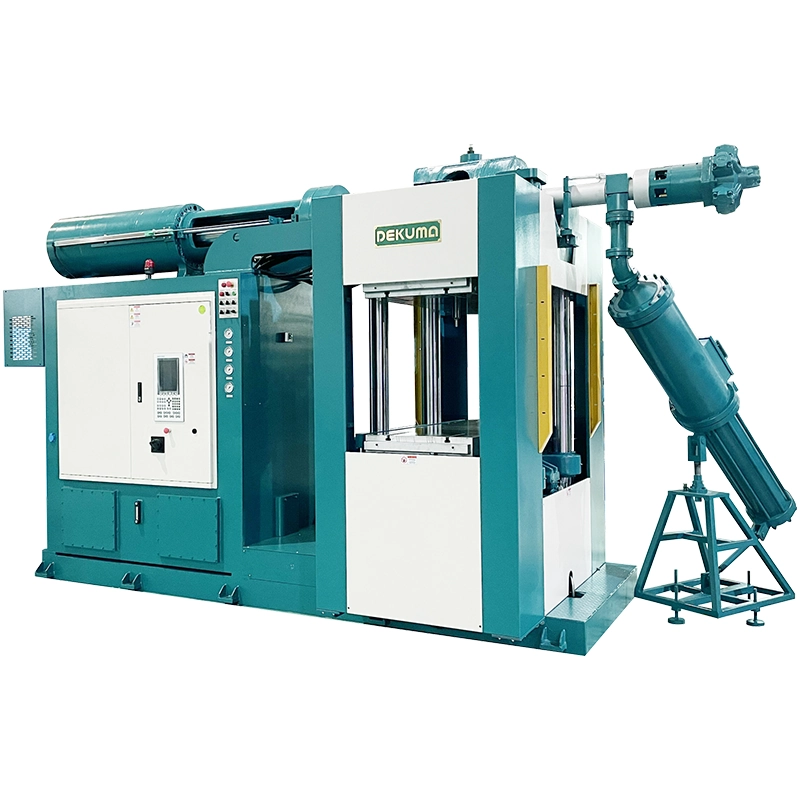Best Practices for Operating Dekuma’s Insulator Rubber Injection Molding Machine
Dekuma is a leading manufacturer of advanced industrial machinery, specializing in innovative solutions for the rubber and electrical industries. Dekuma’s RA Series Rubber Injection Molding Machine is designed specifically for high-efficiency production of composite rubber insulators and plays a crucial role in enhancing the quality and consistency of electrical insulator manufacturing. By following best practices in operating Dekuma‘s insulator rubber injection molding machine, businesses can maximize productivity and ensure superior product quality.

Ensuring Optimal Settings for Precision Production
To achieve the best results with Dekuma’s insulator molding machine, it is essential to adjust the machine settings according to the specific requirements of the molding process. Factors such as temperature, pressure, and cycle time must be optimized for each unique batch of composite rubber insulators. Operators should thoroughly familiarize themselves with the user manual and leverage the advanced control systems integrated into the RA Series. This ensures accurate calibration, which is critical to minimizing defects and enhancing the performance of the final product.
Regular Maintenance and Monitoring
Another best practice for effectively operating Dekuma’s composite rubber insulators injection machine is to implement a regular maintenance schedule. Routine checks and servicing are vital for ensuring the longevity and reliability of the machinery. Operators should monitor critical components regularly, such as the hydraulic systems and injection units, for any signs of wear or malfunction. Additionally, maintaining cleanliness around the machine and using high-quality raw materials guarantees optimal operation and minimizes interruptions in the production process.
Conclusion
In conclusion, employing best practices when operating Dekuma’s insulator rubber injection molding machine is crucial for achieving high-quality results in electrical insulator manufacturing. By focusing on optimal settings and regular maintenance, businesses can enhance productivity and ensure that their composite rubber insulators meet industry standards. Investing in these practices ultimately leads to increased efficiency and a strong reputation for quality in the competitive insulator market.